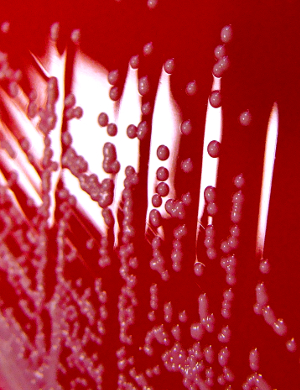Next-gen health tools helped by new centre
 A new centre for unlocking the potential of personalised medicine has been launched in Canberra.
A new centre for unlocking the potential of personalised medicine has been launched in Canberra.
The Centre for Personalised Immunology at the John Curtin School of Medical Research is now open, and will soon begin working on the future of personalised diagnostics and treatment.
The centre brings together some of Australia’s top genetics and clinical researchers to work on ways of using genetic information to help patients with immunological diseases.
Assistant Health Minister Fiona Nash launched the new centre, and said the potential rewards were beyond measuring.
“The talented researchers, who will be working at this new centre, and many others around our nation and the world, are motivated by the goal of realising the great promise of personalised medicine,” Senator Nash said.
“Personalised medicine holds the potential for more accurate diagnoses so that people can receive treatment earlier and improve their odds of overcoming their disease or illness.”
The new centrewill bring together experts and researchers from the Westmead Children’s Hospital, the University of Sydney, Monash University, the QIMR Berghofer Institute, and the Garvan Institute.
International researchers will also be involved from the NIH in the United States, University of Ulm and University of Freiberg in Germany, and from Oman.
“The research will allow us to realise the possibility of a truly personalised form of medicine which will be tailored to our own genetic variations,” said Professor Carola Vinuesa, who will lead the new centre.
Professor Matthew Cook said the aim of the research was to understand disease mechanisms in order to make diagnoses more accurate, and treatment more effective.
“Scientists have made great progress in deciphering the human genetic code in the past 20 years. Now it is becoming feasible to apply this information in the clinic,” he said.
“The new Centre for Personalised Immunology will combine discovery and diagnosis, to take on the challenge of understanding human immune disease, and help us realise the promise of personalised medicine.”








 Print
Print